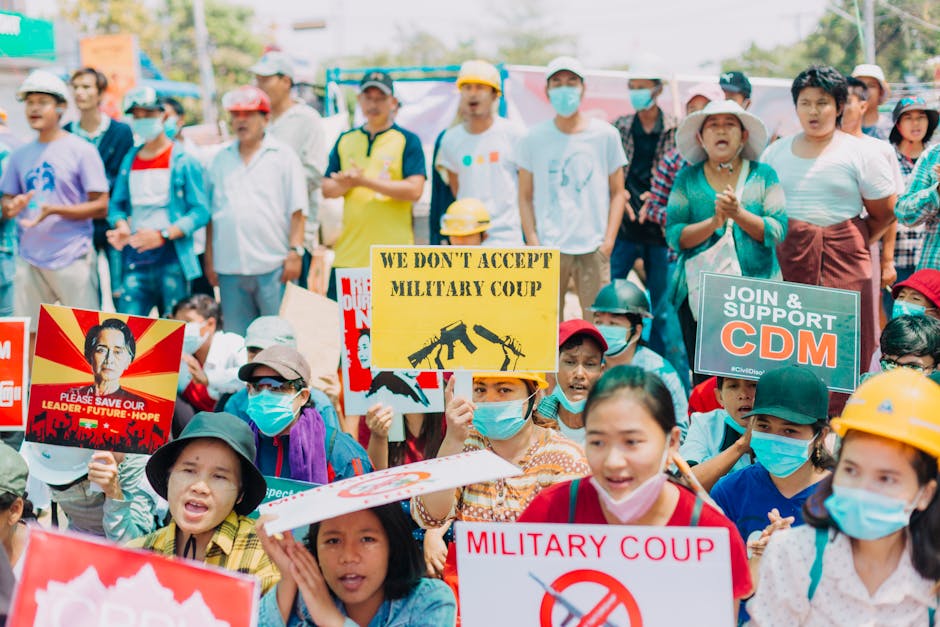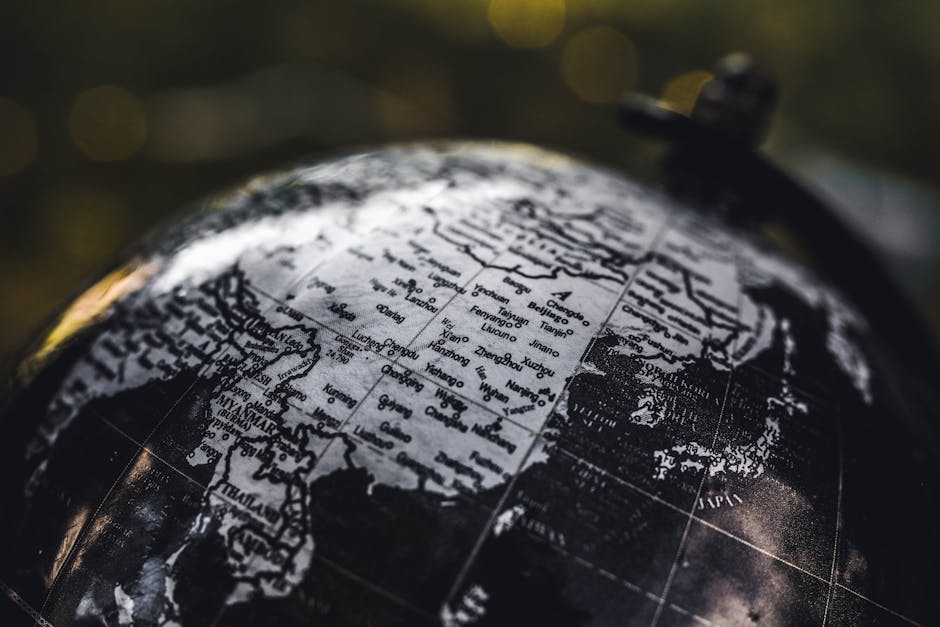Activists Take Legal Action Against Telenor for Data Handover
In a landmark move highlighting the fight for digital privacy in Myanmar, activists have announced plans to sue Norwegian telecom giant Telenor. They accuse the company of providing user data to the country’s military junta, a claim that has sparked widespread outrage. This legal action follows Telenor’s controversial exit from Myanmar earlier this year, which critics say facilitated the military’s access to sensitive information.
The Context: Military Crackdown and Corporate Accountability
Since the February 2021 coup, Myanmar’s military has been accused of severe human rights abuses, including the detention, torture, and killing of pro-democracy activists. Telecommunications companies like Telenor have faced scrutiny for their role in enabling the regime’s crackdown on dissent. Telenor, once a major foreign investor in Myanmar, sold its operations to Lebanon’s M1 Group in July 2022. Activists allege that this sale included the transfer of user data to the military, violating international human rights standards.
A spokesperson for Justice for Myanmar, a leading advocacy group, stated, “Telenor had a responsibility to protect its users’ data, especially in a country where the military is targeting activists. By handing over this data, they have endangered countless lives.”
Telenor’s Response and Controversial Buyer
Telenor has denied the allegations, asserting that the data transfer complied with legal requirements. A company spokesperson said, “The transfer was conducted in accordance with applicable laws and regulations. We remain committed to respecting human rights.”
However, activists remain skeptical, particularly due to Telenor’s choice of buyer. M1 Group, co-founded by Lebanese Prime Minister Najib Mikati, has been criticized for its ties to authoritarian regimes. Critics argue that Telenor’s sale effectively handed telecom infrastructure to an entity aligned with the junta.
Broader Implications for Corporate Accountability
The lawsuit underscores the tension between corporate interests and human rights in conflict zones. Telecom companies operating in authoritarian regimes often face dilemmas: comply with local laws or protect user privacy. In Myanmar, where the military uses surveillance to suppress dissent, the stakes are exceptionally high.
A legal expert familiar with the case noted, “This is about corporate accountability in conflict zones. Companies must ensure their actions do not contribute to human rights abuses.”
A Precedent for Corporate Responsibility
The lawsuit could set a significant precedent for holding multinational corporations accountable in authoritarian states. If successful, it may compel companies to implement stricter safeguards to protect user data and prevent human rights violations.
For Myanmar’s citizens, the case is deeply personal. Many relied on Telenor’s services for communication and organizing. The alleged data transfer has left them feeling betrayed. One activist, who requested anonymity, said, “We trusted Telenor to keep our information safe. Now, we’re paying the price for their profit-driven decisions.”
As the legal battle progresses, the outcome could reshape corporate accountability in the digital age, with global implications for human rights and privacy.
Stay tuned to NextMinuteNews for updates on this developing story.




